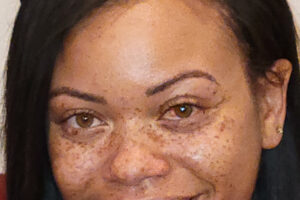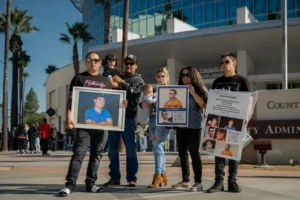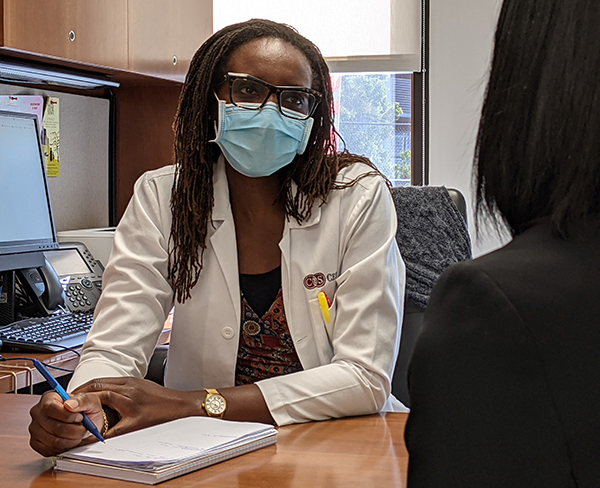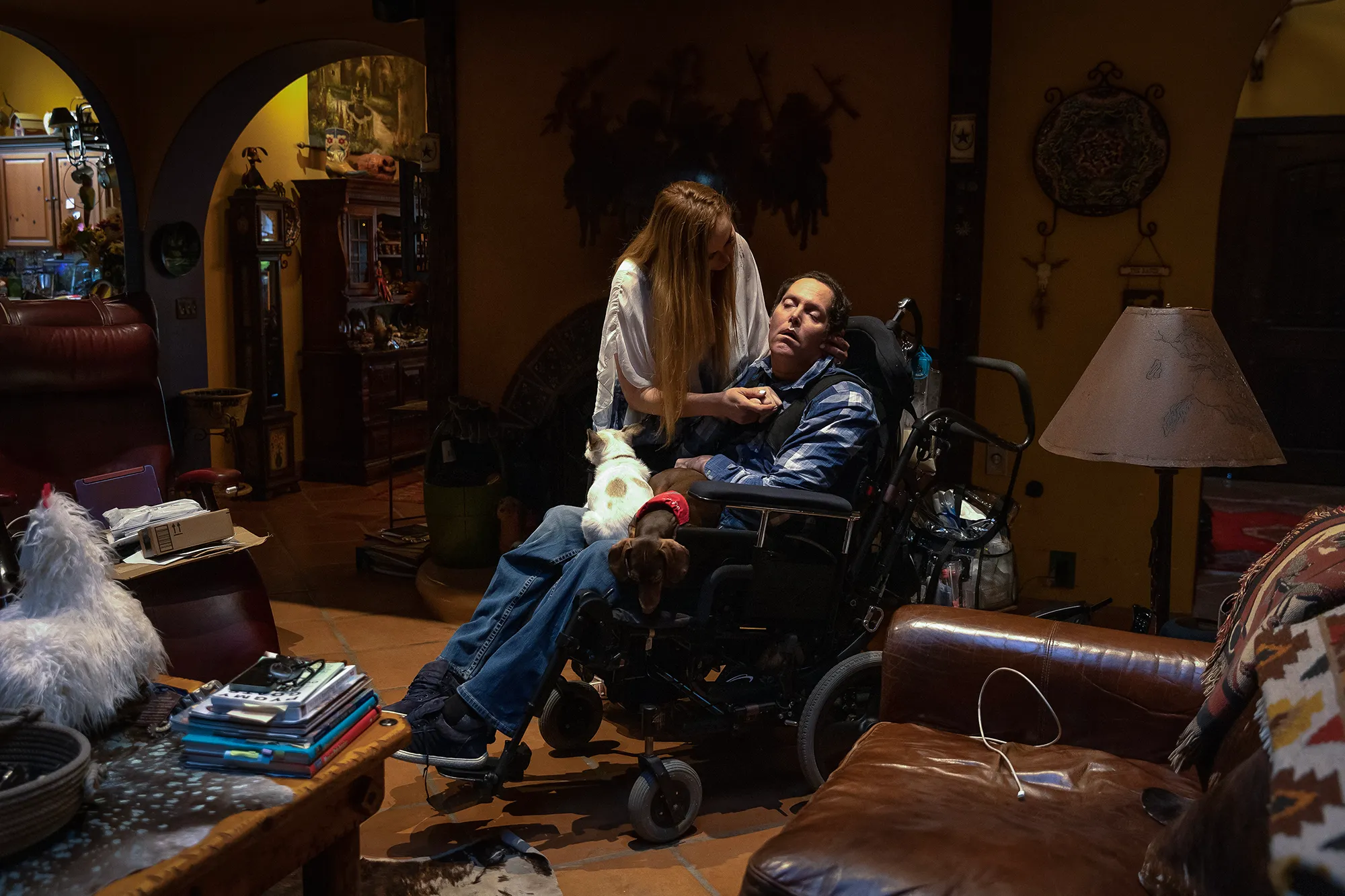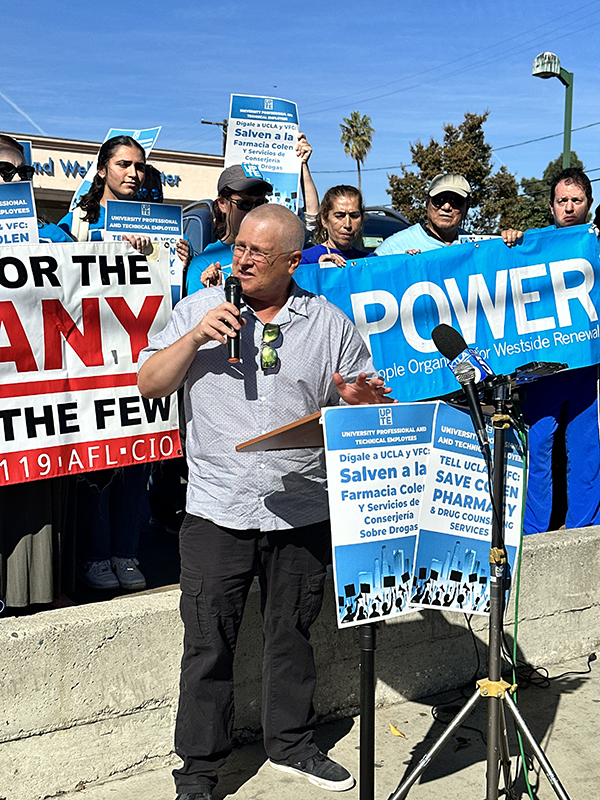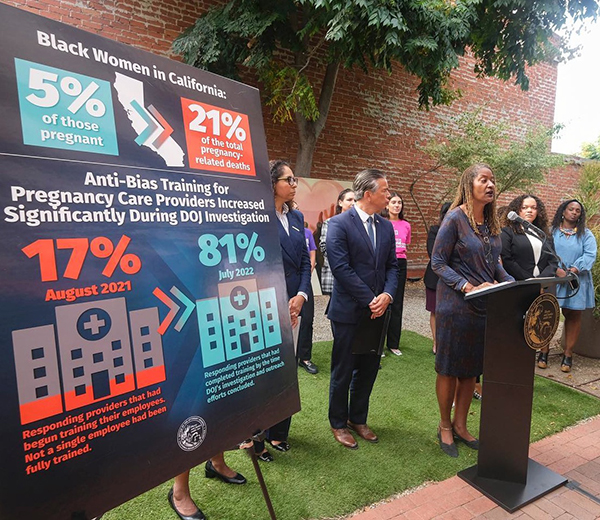By Marie Y. Lemelle
Contributing Writer
Months of rewiring your brain to embrace the COVID-19 safety mandates to constantly wash your hands, wear face masks in public, and keep a six-foot distance from other people has taken its toll.
As much as the public does not want to hear it, medical experts warn that the vaccine will not wipe out the virus overnight and life will not return to normal as quickly as people would expect or hope.
“Getting vaccinated does not mean now you have a free pass to travel, nor does it say you have a free pass to put aside all the public health measures that we talk about all of the time,” said Dr. Anthony Fauci, director of the National Institute of Allergy and Infectious Diseases at the National Institutes of Health.
Psychologists have said that people are tired of being told what do to when in public or around other people, how to conduct their social lives to remain safe and when to do stay home or stay away from places they would normally frequent and enjoy.
Johns Hopkins infection prevention expert Dr. Lisa Maragakis and Dean Paul Rothman discussed how to fight pandemic fatigue and stay safe.
“It is acceptable to remove your mask to get a break from wearing it when you are not in a room full of people,” Maragakis said. “This is a challenging time for all of us. Maintaining mental health is extremely important during the coronavirus pandemic.”
The changes people have had to make and continue to make can be overwhelming and exhausting. Medical professionals are diagnosing thousands of patients with pandemic fatigue.
Dr. Olusinmi M. Bamgbose defines pandemic fatigue as exactly that, the feeling of being tired of the pandemic and everything associated with it — lockdowns, physical distancing from friends and family, job losses, hospitalizations, death counts, virtual school, fear of getting sick and losing loved ones — to name a few.
Bamgbose explains the difference between pandemic fatigue and post COVID-19 fatigue.
“Pandemic fatigue is an emotional reaction to the restrictions, trauma and news associated with the novel coronavirus,” she said. “Post COVID-19 fatigue is part of the disease process in people who have been infected by COVID-19 and can unfortunately last for weeks and even months.
“Pandemic fatigue can hit people in different ways,” added Bamgbose, a consultation-liaison psychiatrist at Cedars Sinai Medical Center in Los Angeles. “For some it might manifest as apathy towards news reports about ICU rates and death counts. Others will be tired of virtual meetings and hangouts and have trouble concentrating at work or school. The biggest problem is when people ignore the pandemic guidelines altogether in order to see friends, or rebel against mask rules.”
Other signs of pandemic fatigue are irritability, anxiety, insomnia and tiredness.
One thing for sure, the medical community knows that pandemic fatigue is something that can affect anyone; most people have probably had experienced it to some degree in the past 11 months.
“Find an activity that brings you joy and try to mix it into your daily life,” Bamgbose said. “Go for a walk, call up a good friend, enjoy your favorite meal or watch a movie.”
Studies indicate that older people tend to be more susceptible to pandemic fatigue because they have smaller social networks. They also are more likely to be isolated during this time as their friends and family members stay away for their safety. Older people with cognitive impairments are especially vulnerable and may decline as they are less likely to experience intellectual and emotional interaction.
“Although many people have been personally affected by COVID-19, they may have only seen mild cases and think that they will be fine,” Bamgbose said. “It’s hard to imagine that you or someone you know could have a serious case when everyone around you is fine. People who have had a negative experience with COVID-19 are more likely to recognize the possible threat.”
According to Johns Hopkins Medicine, the vaccine takes about two weeks after the second shot for sufficient immunity. In fact, even after the vaccination, you can still get the virus, carry it and give it to others, so practicing infection prevention measures are very important.
Marie Y. Lemelle is the founder of www.platinumstarpr.com and a film producer. She can be reached at MarieLemelle@platinumstarpr.com. Follow her on Instagram @platinumstarpr.


